Diagnosed with a devastating kidney condition and told she would never have children, an aspiring nutritionist claims eating a fruit-based diet has enabled her to become a mom and stay healthy against the odds.
Told in 2007 she had Focal Segmental Glomerulosclerosis (FSGS) – a condition causing scarring to the kidney and damaging its blood cleaning mechanism – Polina Petruk, 33, was warned she might as well "say goodbye to any kind of normal life."
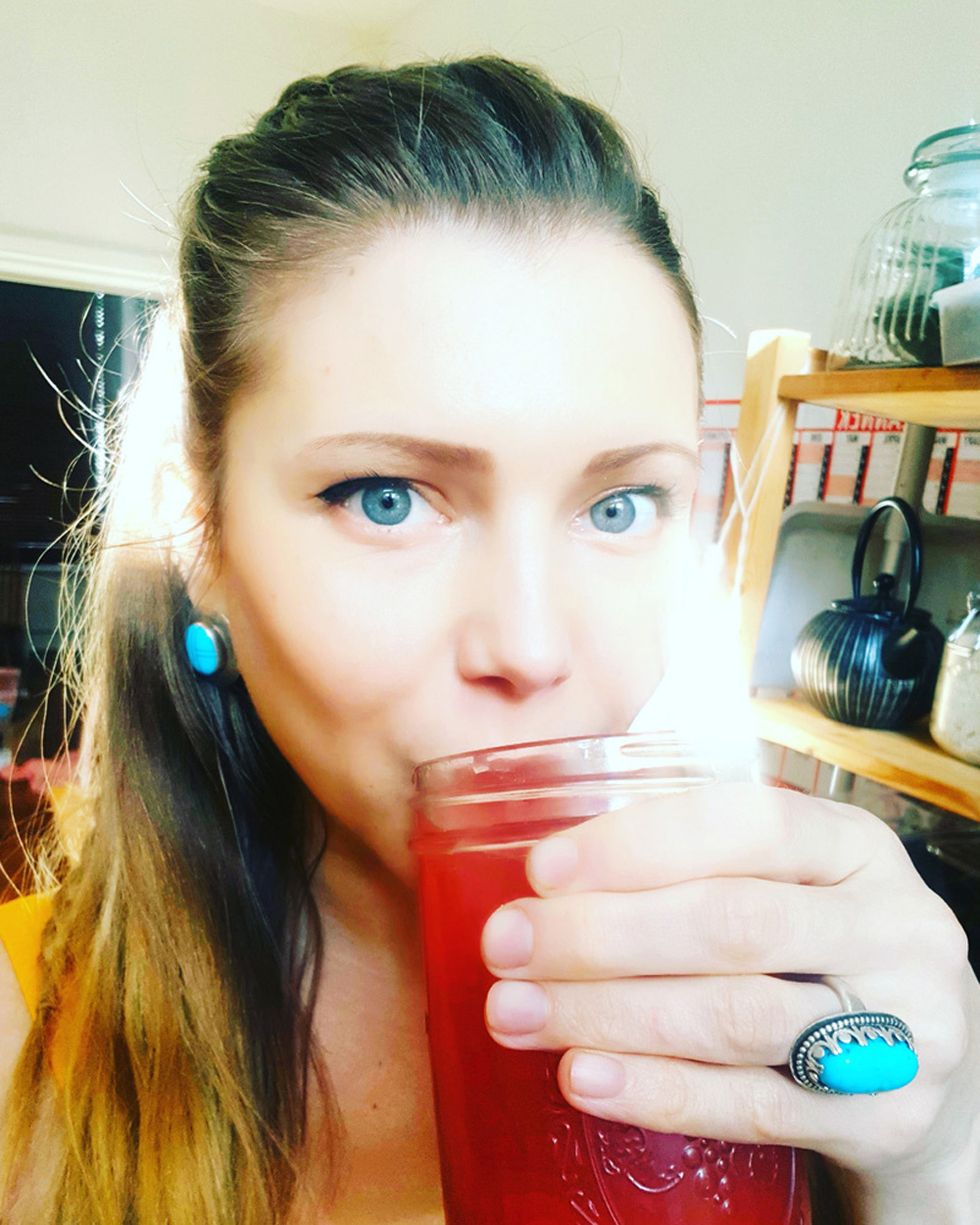
Instead, Polina, of East Dulwich, south east London, astonished doctors by going on to have her daughter, Maia, five, with her visual artist partner, Star, 30, who she met in 2012 at a music festival near Stonehenge in Wiltshire.
Horrified by the number of drugs she was prescribed, Polina set out to find her own way of staying well, saying: "My case has left the doctors confused because they've never seen anything like it, as the prognosis for this condition is not good, with a 50 per cent chance of death in the 10 years following diagnosis.
"I only went to the doctor because I had been feeling off, never expecting to be told I had a kidney problem and would have to take so many prescription drugs to manage it.
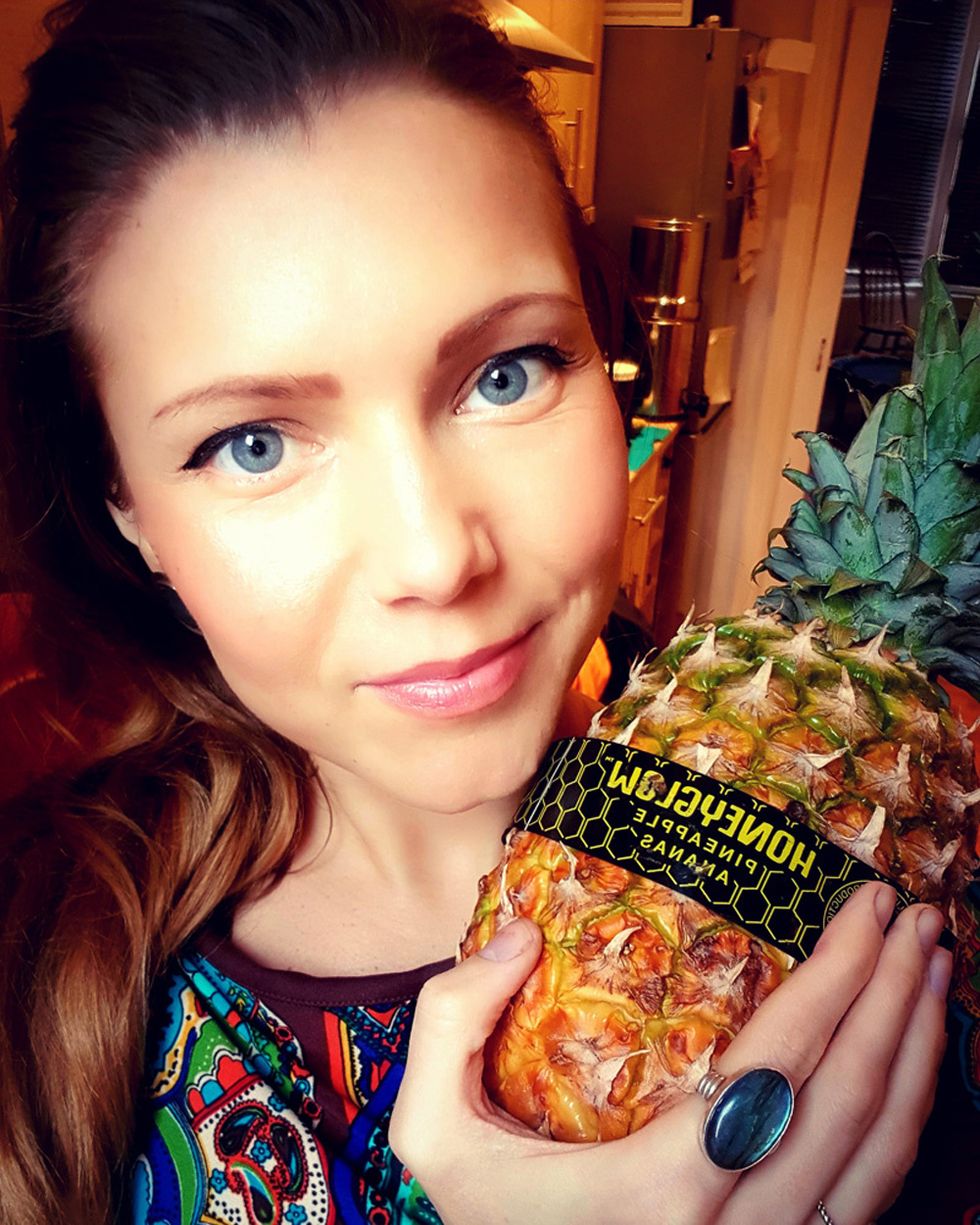
"So, I started experimenting with how increasing the amount of raw food in my diet would affect how I felt, my symptoms and the drugs I had to take, beginning slowly by eliminating all animal products. Soon I realised I was starting to move better, my blood pressure was stabilizing and my kidneys were filtering better."
Told there can be a link between FSGS and genetic autoimmune diseases, whilst Polina's dad, Sergei, a retired jazz musician, had the skin condition psoriasis, which falls into this category, to her knowledge there was nothing else of relevance in her family history.
Moving from Ukraine to the UK when she was 10 with her teacher brother, Vladimir, 29, mom, Valeria, who works at a law firm, and her dad, who are now divorced, feeling displaced, Polina suffered with eating disorders in her teens, which she fears may have taken their toll on her body.
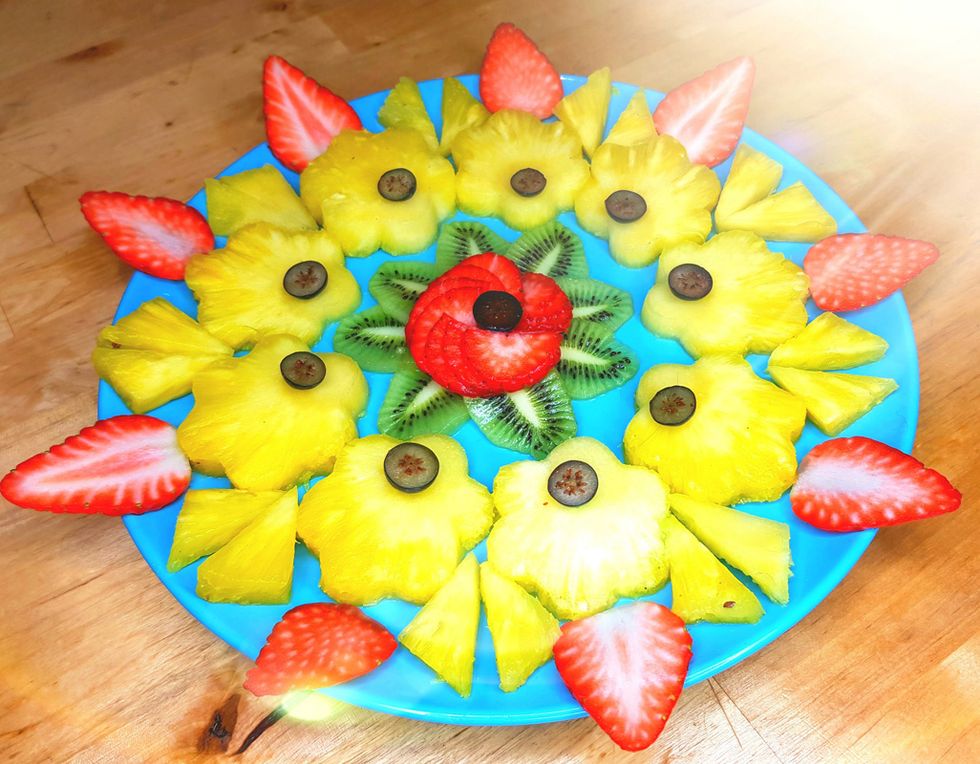
Now recovered and studying nutrition at London's College of Naturopathic Medicine (CNM), her own experience and her studies have taught her how important diet and digestion are to general health.
She said: "After my diagnosis, I carried on talking to my doctors and, because my health had improved so much between 2009 and 2012 – which I believe was because I was experimenting with lots of different diets, including the paleo or caveman diet, vegetarian and eventually vegan – I'd been able to reduce and eventually stop my prescription drugs.
"Against all odds, I was living a normal life."
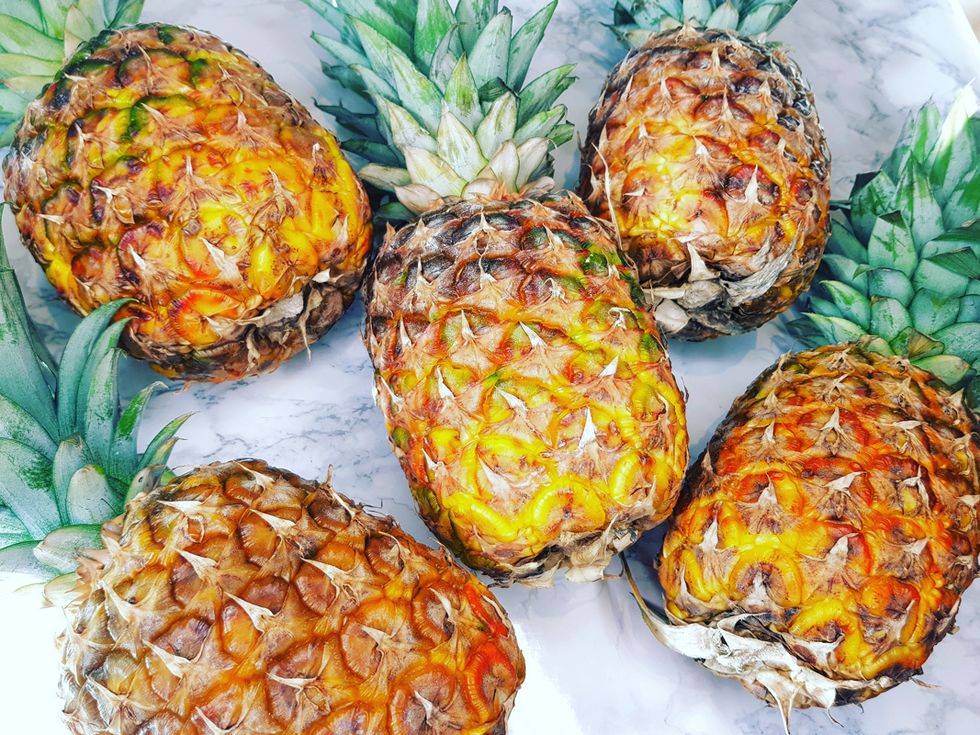
And six months after meeting Star, she found herself expecting the baby doctors had warned she would never be able to have because her kidneys would not cope with the extra demand pregnancy put on them.
Defiant as ever, Polina said: "I decided to have Maia against medical advice.
"She was born as a planned C-section at 37 weeks because the pregnancy was damaging my kidneys, and although she was small and cold and grumpy, medically she was fine and we were allowed home with her two weeks later.
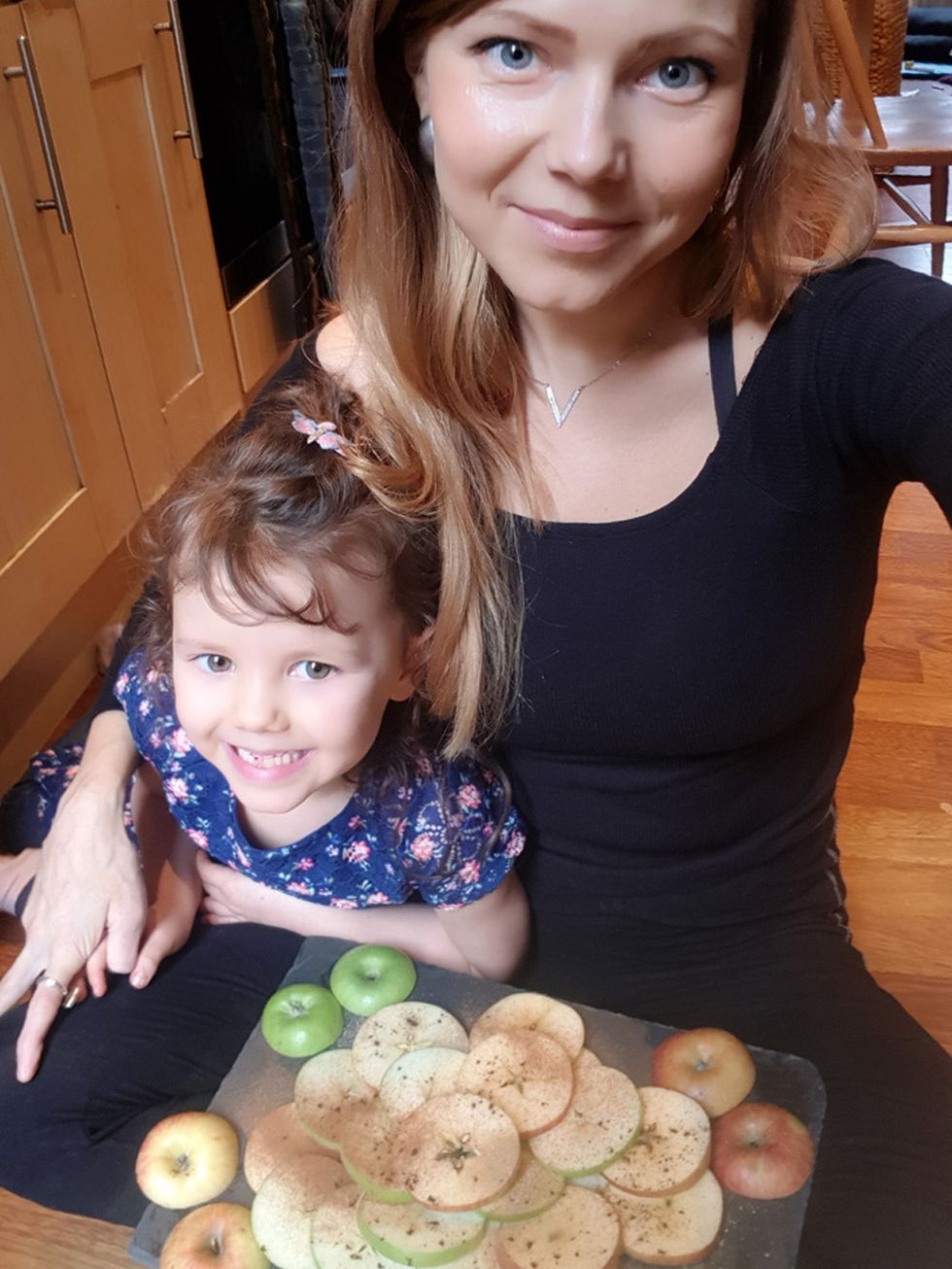
"I am convinced that following a plant-based diet was what allowed me to give birth to her despite my dire diagnosis."
She continued: "But the pregnancy had been hard on my kidneys.
"Before having Maia, I'd used my diet to get them back to 95 per cent normal function, but after my pregnancy, I was told I had lost 70 per cent of their normal function."
To her alarm, the downward spiral continued until, eventually, she needed four hourly dialysis sessions three times a week to stay alive, as her kidney function had fallen to a shockingly low five per cent.
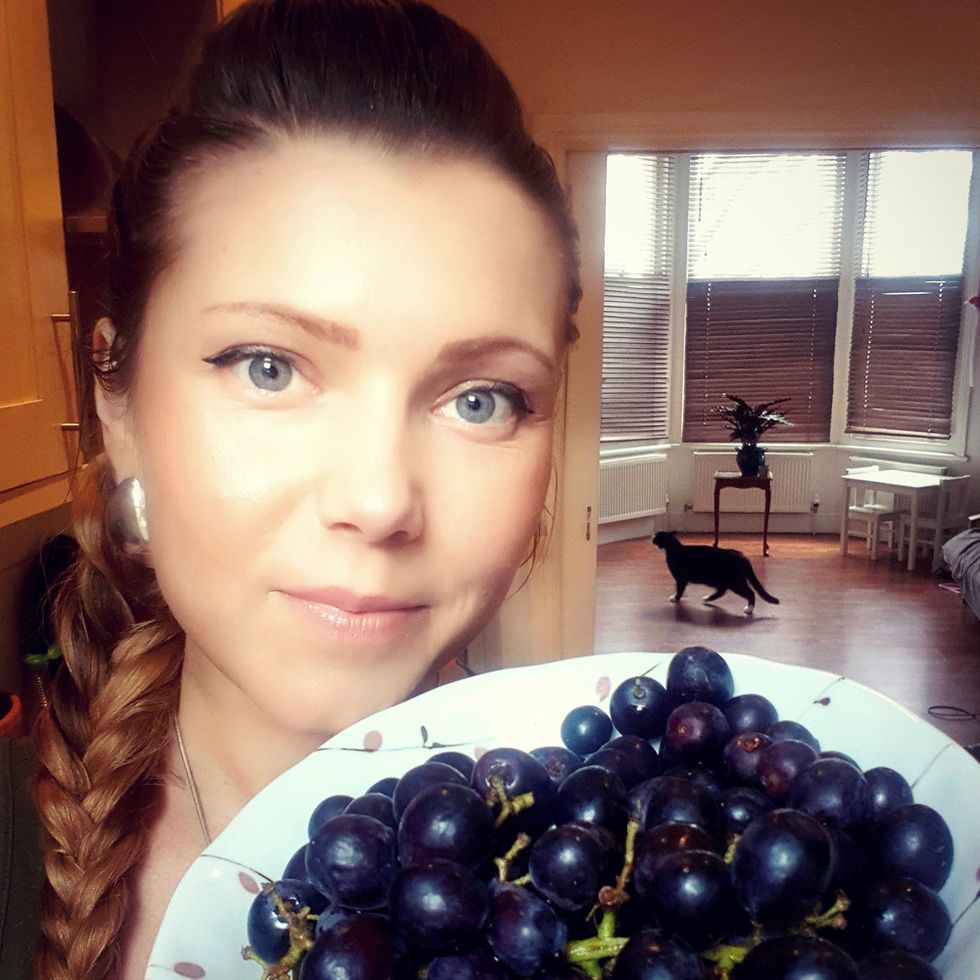
Still resolute that changing her diet could make a difference, in 2016 she committed herself to a high raw diet, which led to her becoming primarily fruitarian and only eating a little additional vegetables, nuts and seaweed as an exception to fruit.
"I'd done it before, used my diet to improve my kidney function and I knew I could do it again," she said.
Although her kidneys still only function at a dangerously low five per cent, meaning she needs dialysis, Polina says things must be improving because she now only has two hourly sessions just twice a week.
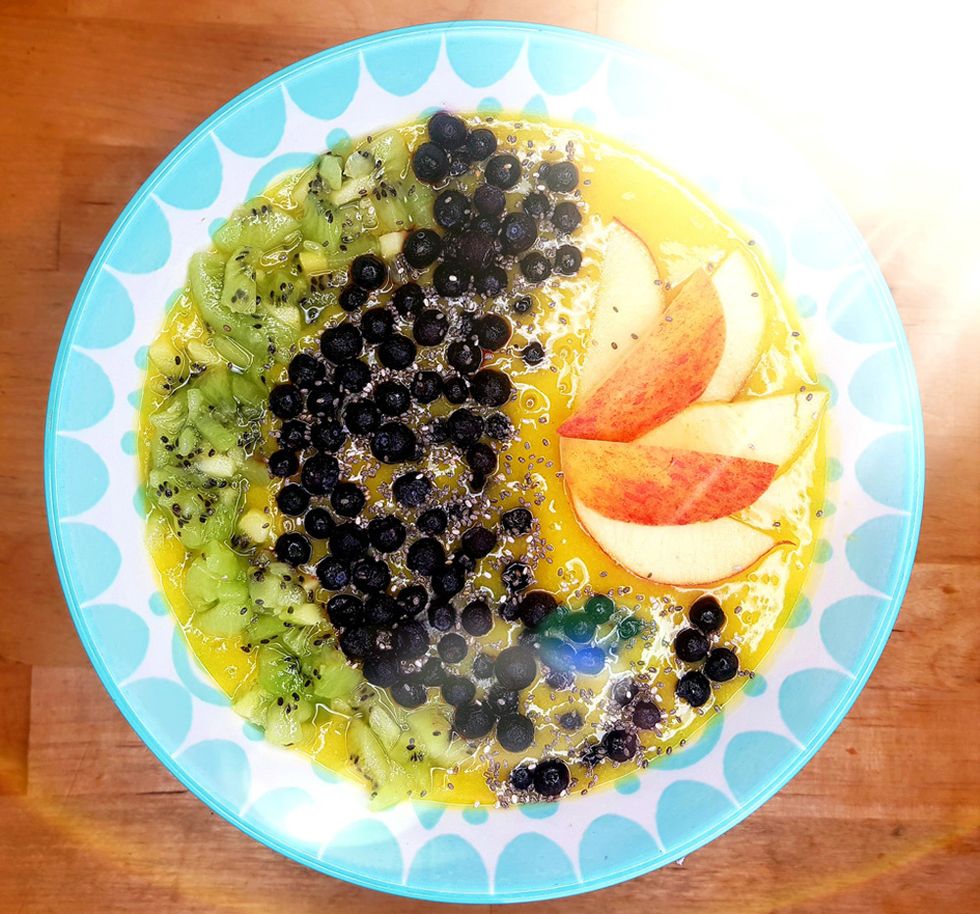
And despite her low kidney function, she has chosen not to be on the transplant list.
She said: "I am not on the transplant list by choice because the side effects of the anti-rejection medication are horrendous. I do not want to put my body through that."
Polina also says that her medical team are astonished by her energy.
"The doctors are amazed that I am able to maintain my levels of energy as well as how clean my blood is," she said. "My uric acid levels and phosphate levels are as good as those of a person doing 12 hours of dialysis. Also, I have great cardiovascular health and no diabetes which is common with patients with my type of diagnosis and I know it's down to my high fruit diet."
Obtaining 80 to 90 per cent of her daily calories from fruit and the rest from vegetables, nuts and seeds for the last year, instead of eating three substantial meals a day, Polina eats six or seven smaller fruit meals to make sure she is getting enough calories to stay healthy.
"That's the most important thing when you choose this diet. You have to make sure you get the recommended daily calorie intake, so I do measure everything and I have an app on my phone that helps me do that."
Polina says her radical diet has not ruined her social life either, adding: "I was out at a burger bar the other evening, I'm out all the time. I just make sure I take a mango, avocado and salt salad dressing that I make with me and then ask them to pile my plate high with whatever raw veg and leaves they have in the kitchen.
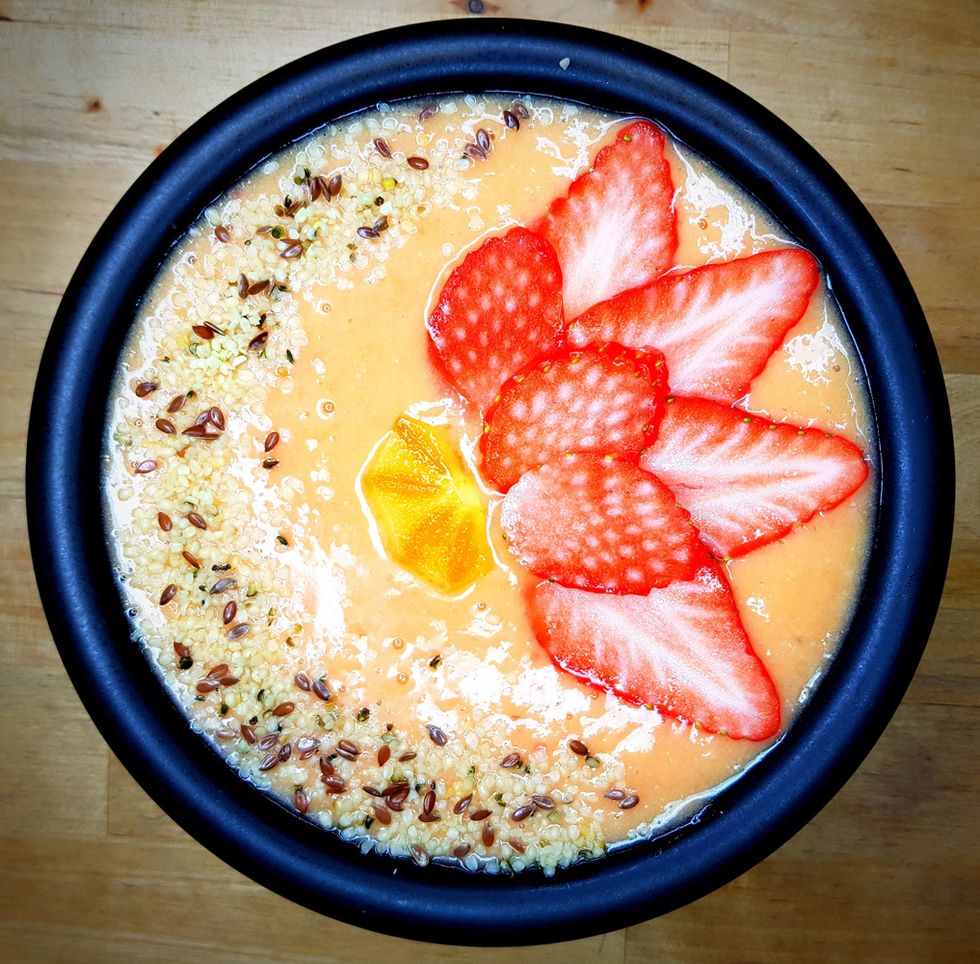
"People think it must be hard to be a fruitarian, but it's all in your head. It depends how much you want to do it and for me, I'm committed because it's helping me to stop my kidneys from losing even more function.
"I'm not pushy, but I like being a shining example of the benefits of this way of eating, so when people want to know more, I just say start small and maybe have fruit for breakfast for a week and see how much better you feel."
She concluded: "I look good, I feel good and I'm vibrant and when people around you start to notice that they want some of it too."
A spokesperson for Kidney Research UK said: "There is no evidence that a fruit-only diet will safely maintain kidney function. Many diets have been tested for their capacity to slow down the progression of kidney disease, with most research being focused on restriction of protein intake.
"There is some evidence that this can slow down progression of chronic kidney disease and delay the need for dialysis treatment, but there is a significant risk of protein malnutrition leading to muscle weakness and other complications."



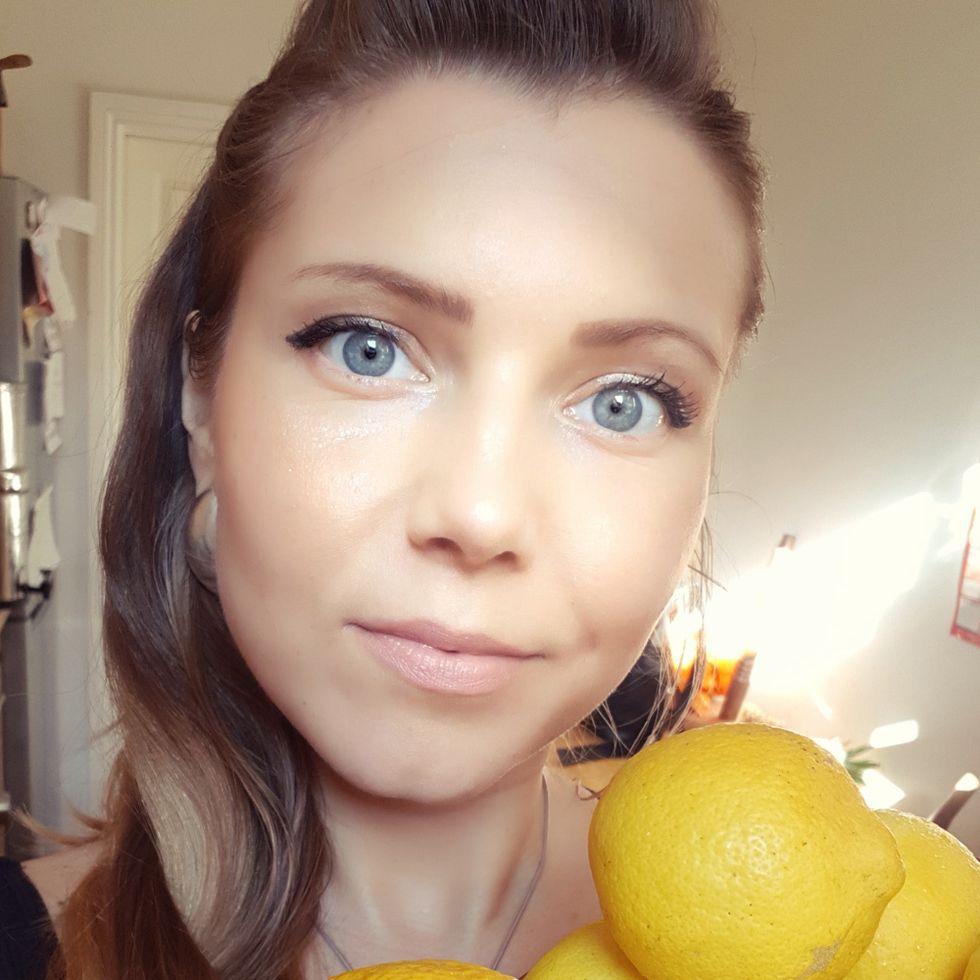










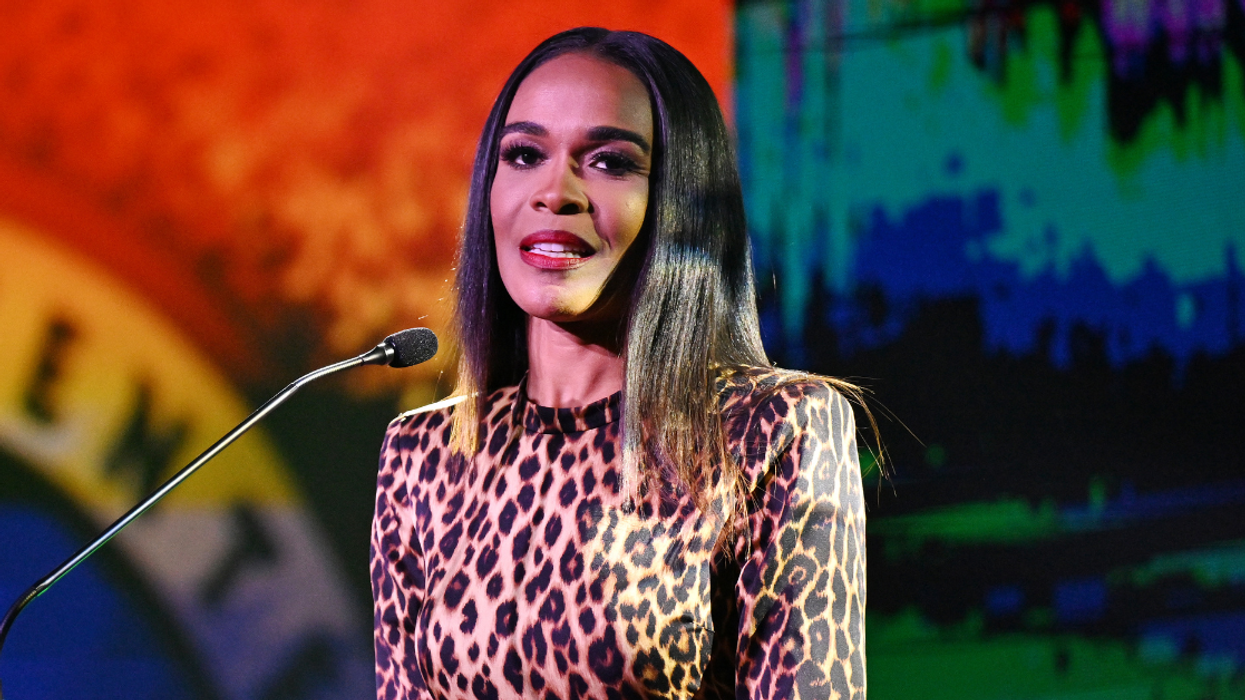
 @michellewilliams/Instagram
@michellewilliams/Instagram @michelleiwlliams/Instagram
@michelleiwlliams/Instagram @rileyknoxx/Instagram
@rileyknoxx/Instagram @missaries321/Instagram
@missaries321/Instagram @mstinaknowles/Instagram
@mstinaknowles/Instagram @phinekafriend/Instagram
@phinekafriend/Instagram @terrykaye_/Instagram
@terrykaye_/Instagram @mdltrealtor/Instagram
@mdltrealtor/Instagram @corrinecold/Instagram
@corrinecold/Instagram @iamavanetergray/Instagram
@iamavanetergray/Instagram @parkersiders/Instagram
@parkersiders/Instagram @beyxkelly/Instagram
@beyxkelly/Instagram @joelmchale/Instagram
@joelmchale/Instagram @thehouseofk9s/Instagram
@thehouseofk9s/Instagram @kfarley519/Instagram
@kfarley519/Instagram @_dw06/Instagram
@_dw06/Instagram @xoxoblessedupxoxo/Instagram
@xoxoblessedupxoxo/Instagram

 @therealjeffreyross/Instagram
@therealjeffreyross/Instagram @therealjeffreyross/Instagram
@therealjeffreyross/Instagram @therealjeffreyross/Instagram
@therealjeffreyross/Instagram @therealjeffreyross/Instagram
@therealjeffreyross/Instagram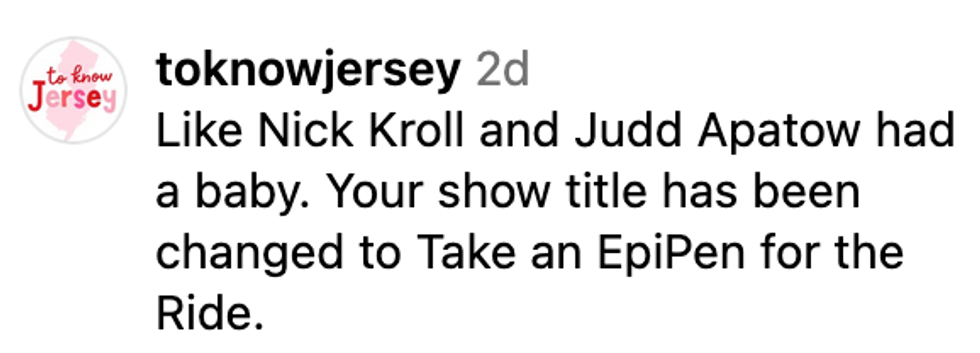 @therealjeffreyross/Instagram
@therealjeffreyross/Instagram @therealjeffreyross/Instagram
@therealjeffreyross/Instagram @therealjeffreyross/Instagram
@therealjeffreyross/Instagram @therealjeffreyross/Instagram
@therealjeffreyross/Instagram @therealjeffreyross/Instagram
@therealjeffreyross/Instagram @therealjeffreyross/Instagram
@therealjeffreyross/Instagram @therealjeffreyross/Instagram
@therealjeffreyross/Instagram




 @mikeredmond/Bluesky
@mikeredmond/Bluesky